Everyone should have the right to thrive and live gracefully from the comfort of their own home. As years progress, this seemingly simple desire can become harder and harder to maintain as a daily reality. Personal caregivers are professionals dedicated to helping people who face limitations arising due to age or ability.
Personal caregiving is more than a profession — it’s a calling. It takes a remarkable person to devote oneself to others so that they can live their life more fully. If you’re interested in improving the physical, mental and emotional outlook of those in need, read on to learn about a personal care assistant’s job description.
What Is a Personal Caregiver?
Simply put, a personal caregiver is an individual trained to assist others with activities of daily living (ADLs). Often, caregivers work with older adults who face limitations due to their age. However, personal care assistants may also work with younger clients who need support due to a physical or mental disability.
Caregivers have the skills to offer direct physical support to clients and often work with a care manager who helps tailor the caregiver’s services to meet an individual’s goals and needs. The purpose is to help clients feel comfortable and safe in their own homes.
Personal caregivers are known by many titles, including:
- Personal care assistants
- Personal care attendants
- Private caregivers
- Personal care aides
There are many types of at-home care services available to older adults who wish to age in place, including home companions. Personal caregivers offer more hands-on services than home companions. Companion care focuses on keeping clients company and offering general support. Personal caregiving is more active and may involve mobility support or medication management. Caregiving also differs from home health services, which provide professional medical assistance.
A Personal Caregiver’s Daily Duties
A personal caregiver is there to help with the client’s day-to-day needs, including managing the household and helping older adults with their everyday routines. They may also assist clients with other activities, such as running errands. Based on their client’s needs and goals, personal caregivers may provide any or all of the following:
- Mobility assistance
- Companionship
- Facilitating social interactions
- Meal preparation
- Light housework
- Transportation
- Personal hygiene
- Medication management
How to Become a Personal Caregiver
The entry-level educational requirement for personal caregivers is a high school degree. Many companies facilitate first aid and CPR certification as part of their employee training programs. Private caregivers undergo intense scrutiny, including a background check and workplace physical to ensure they can handle the more physical aspects of the job, such as mobility assistance.
Personal caregivers make a real difference in the lives of individuals and families — especially in difficult moments. As such, it takes more than a certain level of education to be an effective caregiver. Character traits a personal caregiver should possess include:
- Patience working with others who need support.
- Sufficient empathy to assess a client’s mood or emotional state.
- Strong communication skills to help understand a client’s needs and work with families.
- The ability to be comfortable working in someone else’s home.
How Much Does a Personal Care Attendant Make?
Personal caregiving is a highly fulfilling career with lots of opportunities for advancement. However, pay for private care attendants varies from state to state. Salaries also depend on skill level, years of experience, schedule and many other factors. As the Baby Boomer generation ages, the need for qualified personal caregivers will continue to rise — elevating the level of pay qualified individuals can expect.
At Corewood Care, we strive to reward our caregivers for the conscientious care they provide our clients. Our packages include competitive pay, benefits such as healthcare and a 401k, and even flexible schedules based on a caregiver’s preferences.
Corewood Care: Bringing the Highest-Quality Care to Our Clients
Corewood Care continues to maintain the highest standards when hiring personal caregivers. The relationship between clients and caregivers requires a high level of trust. Our multidisciplinary team is uniquely positioned to manage our clients’ care with the utmost respect and decorum.
We are always looking for qualified people who want to make a difference in the lives of those in need. Learn more about this life-changing profession and explore careers at Corewood. Or, if you would like to learn more about our personal care services, contact us to schedule a free assessment.
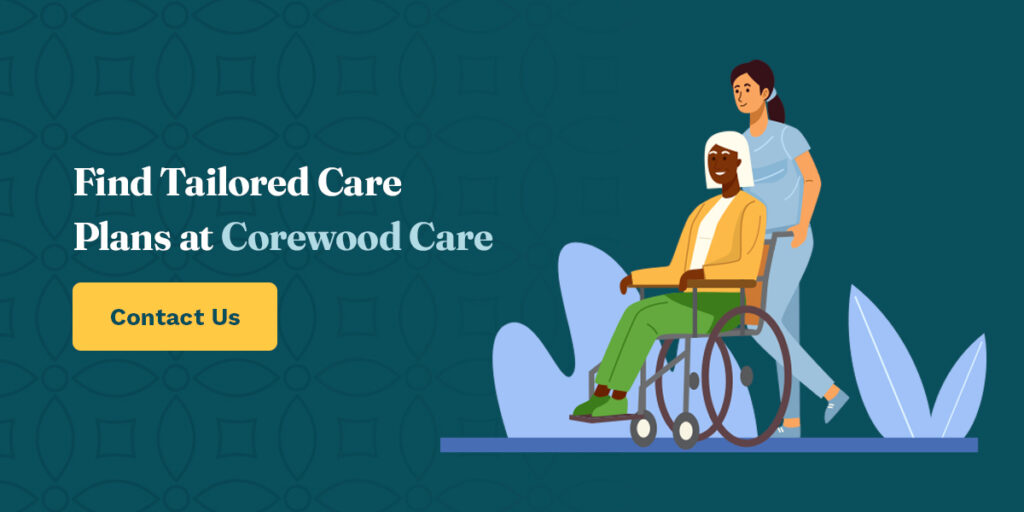
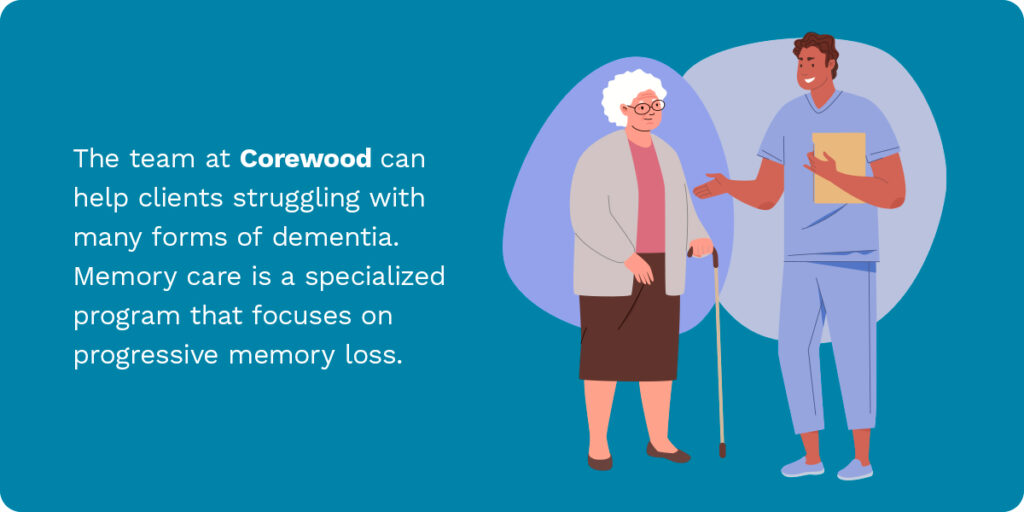
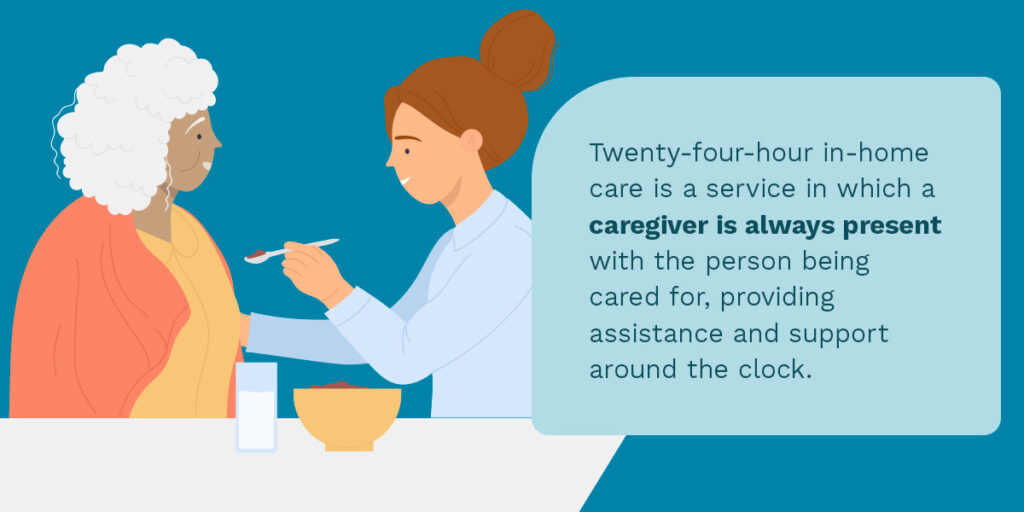
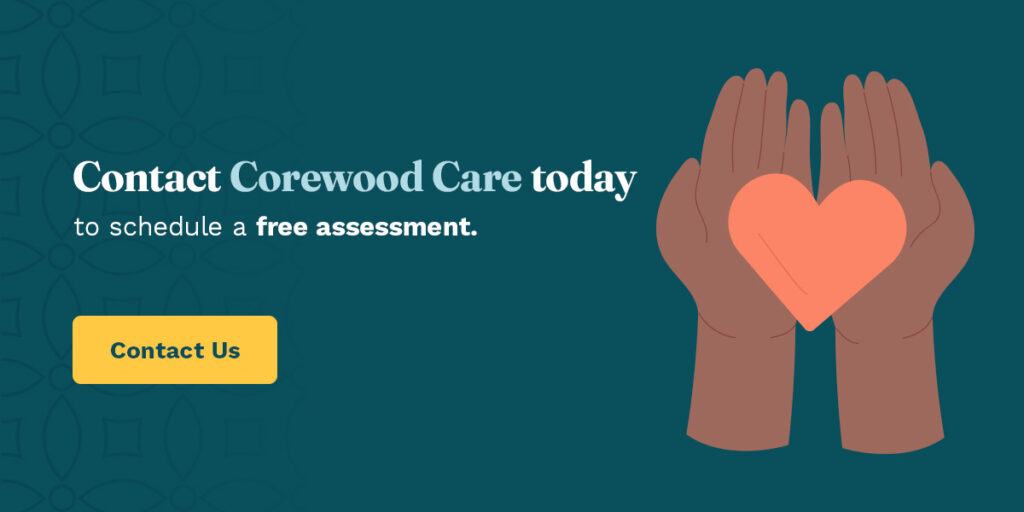
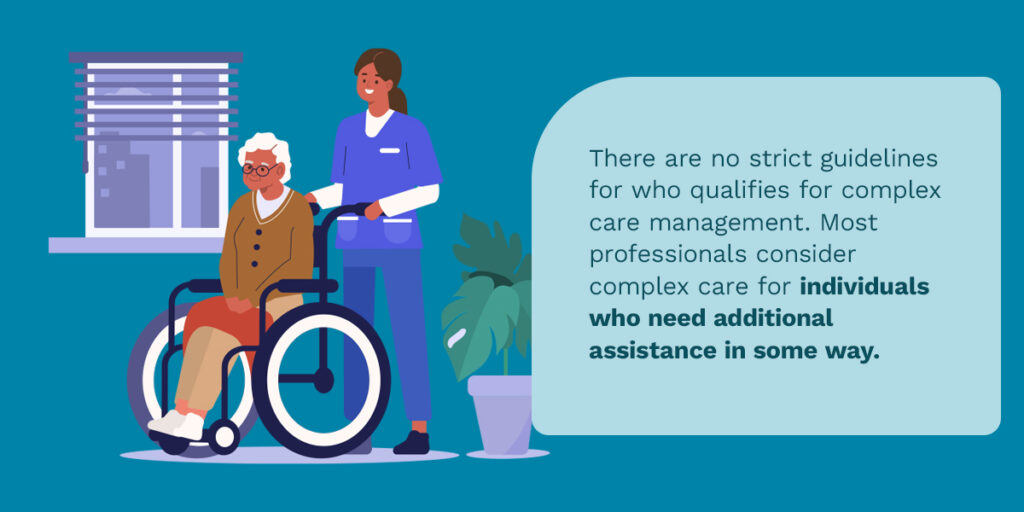
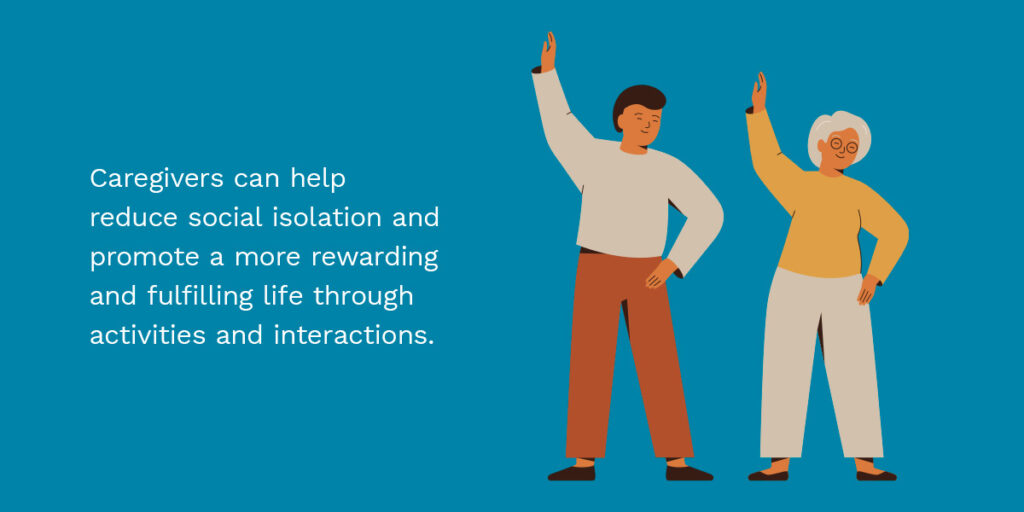
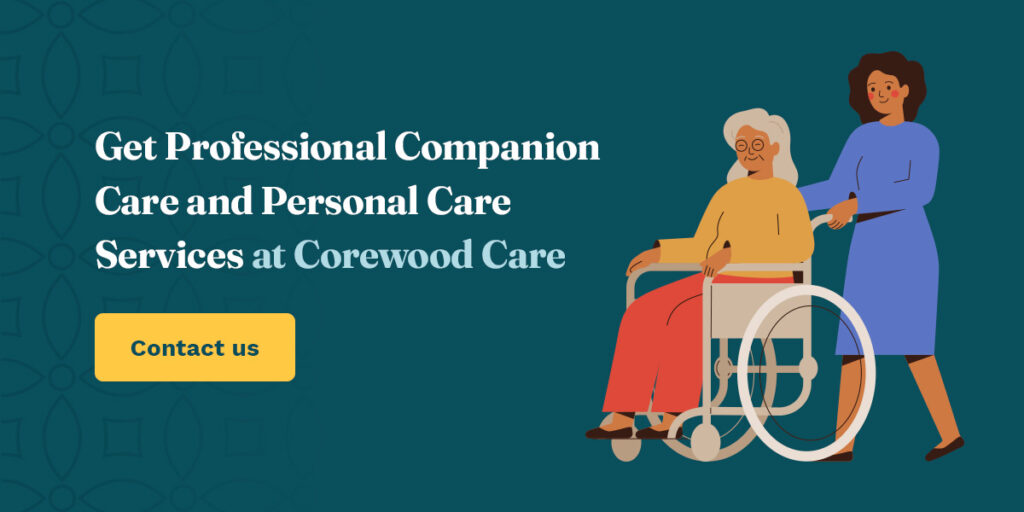
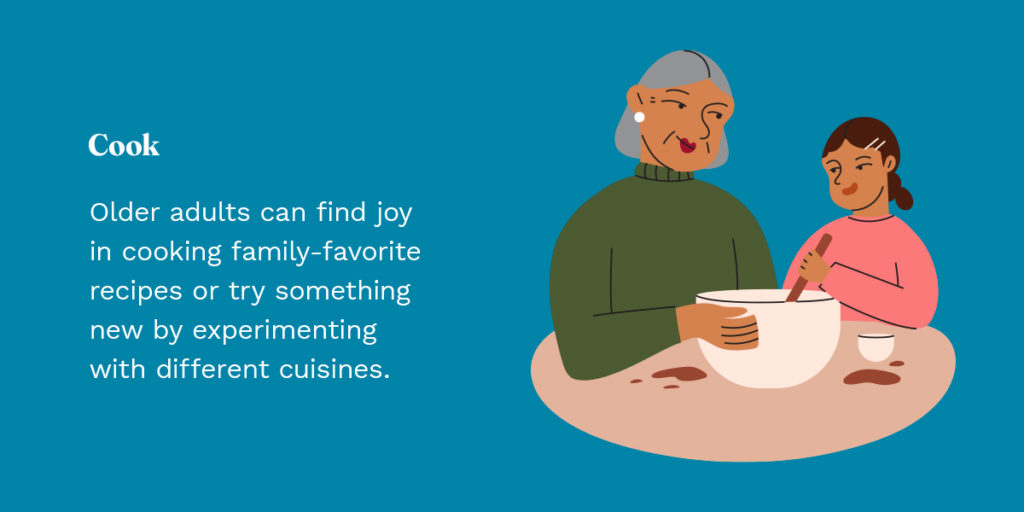
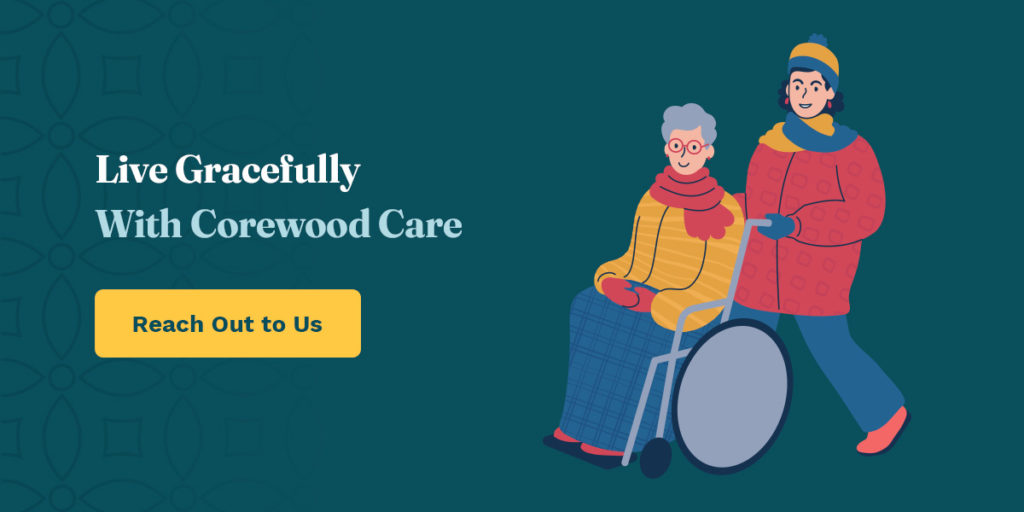
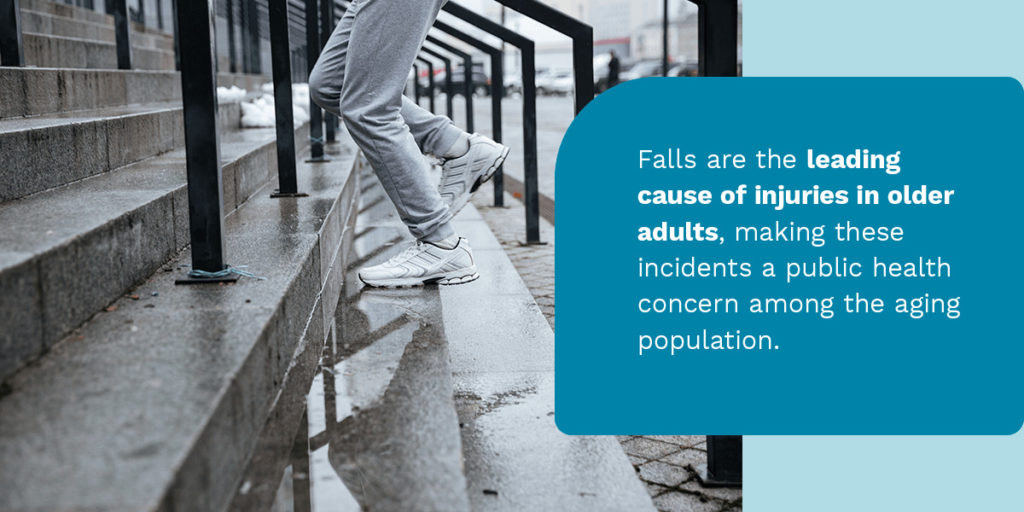

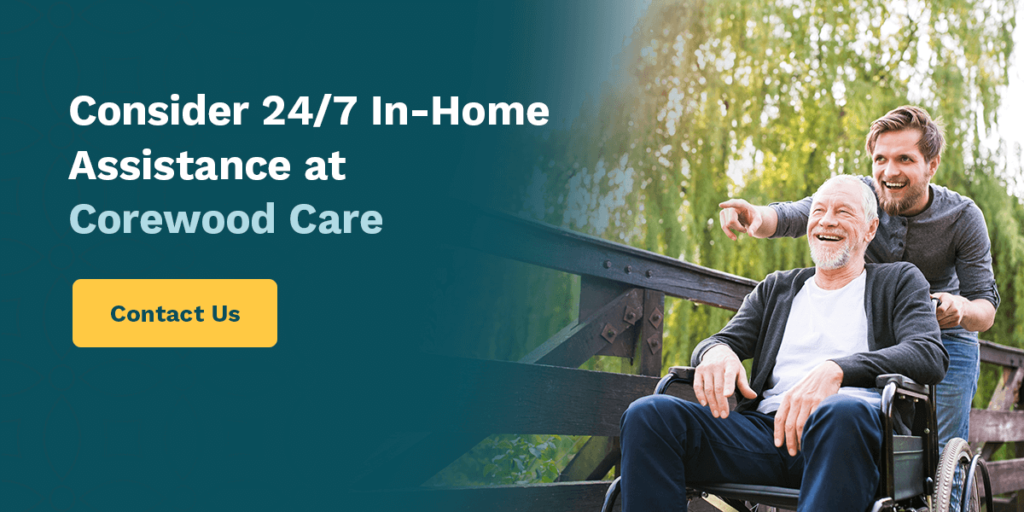
Recent Comments